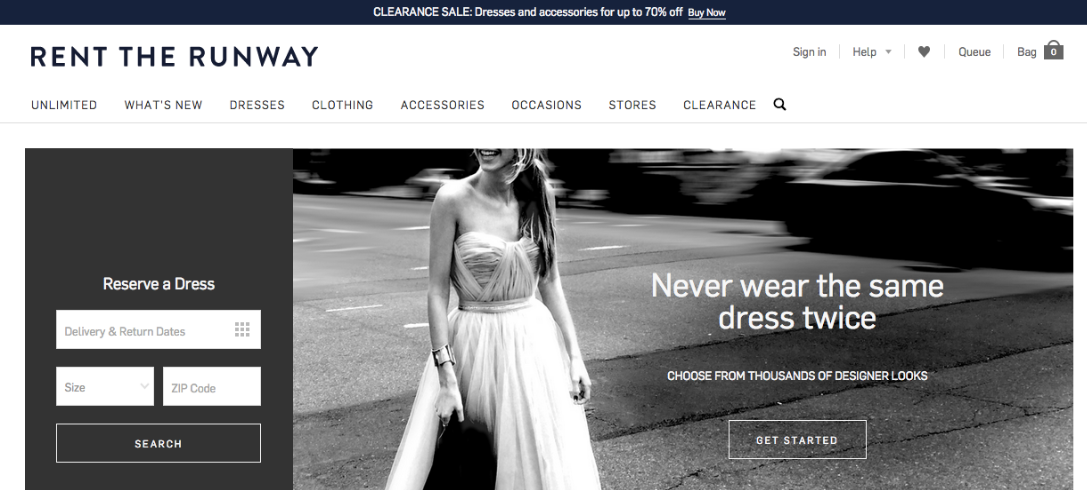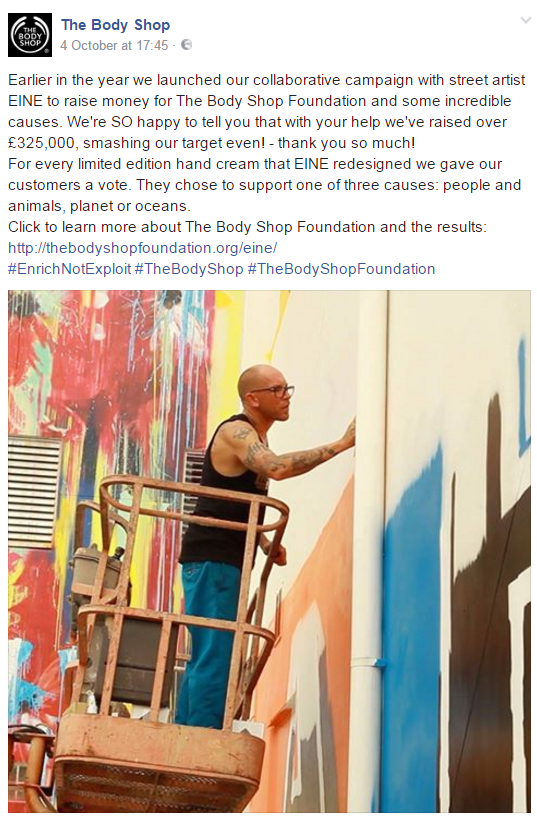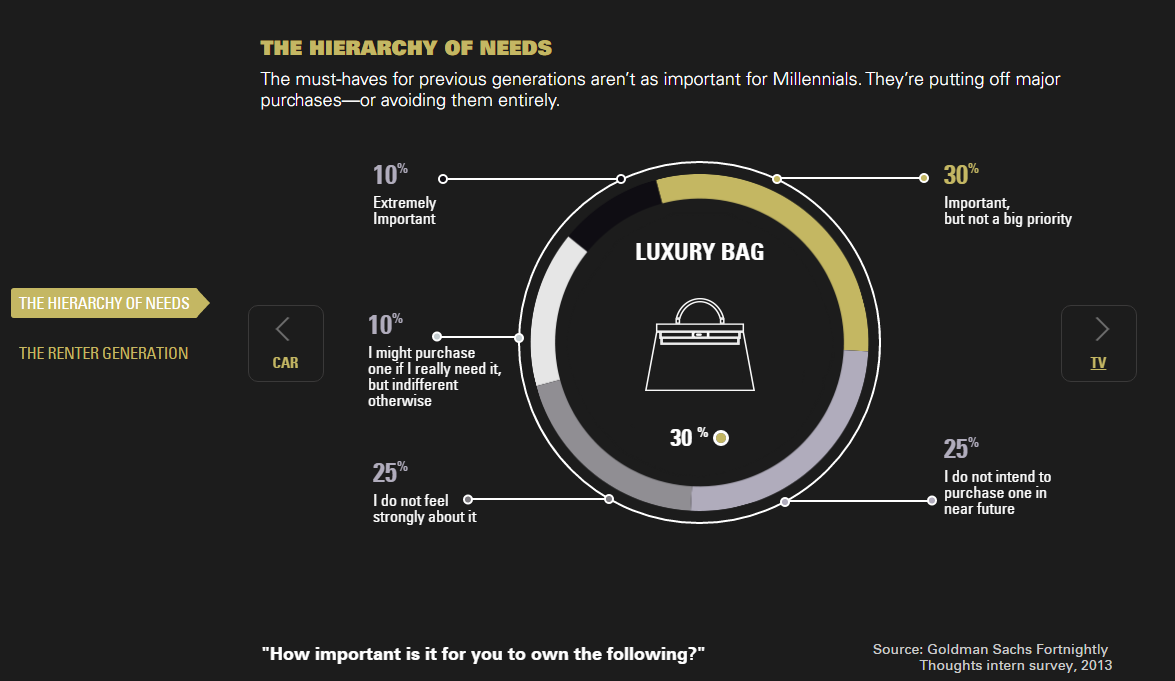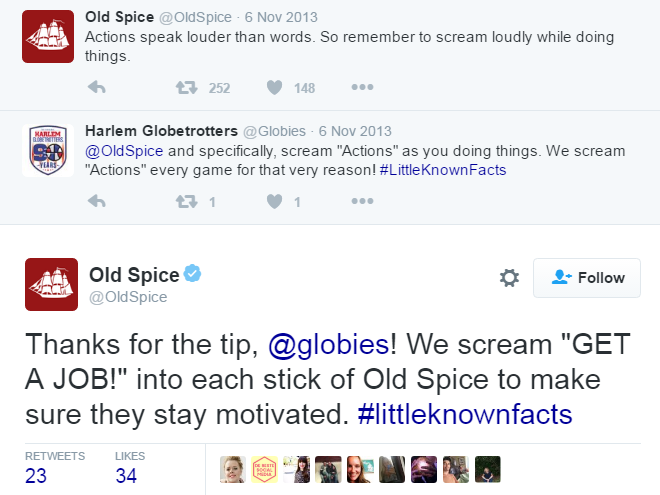Millennials: 5 things you need to know for effective marketing

Millennials and Generation Y are names given to those born between the early 1980s and the early 2000s. Some feel that this is too diverse of a group to be classified as one. They are absolutely right. However, Millennials are the most studied generation to date, and years of sociological research has shown that the millennial generation is culturally different from their predecessors. For brands, to ignore that means to slowly but inevitably become irrelevant.
Besides, Millennials are studied with so much hype. As the first generation raised in the age of the Internet and globalization, it’s exciting for everyone to find out how this has affected human beings, if at all. So far, the word is that Millennials are narcissistic, whiny, and have an attention span lower than that of a goldfish (but are better at multitasking).
First, let’s go through some factors that broadly describe gen Y in economic and social terms.
- Millennials are the most educated generation so far. For the first time in America, there is more student loan debt than credit card debt.
- Millennials are underemployed. According to ERE, there are on average 250 résumés received for each corporate job opening. Recession, globalization, change in composition and size of the population, with many baby-boomers retiring at a much older age - everything played its part in leaving a typical Millennial with a part-time waiter job.
- For the first time in the modern era, most Millennials (18-34 years old) live with their parents. For 25 – 29-year-old Americans, 34% have boomeranged back to living with their parents after attempting to live alone after college. And among those who rent, more than half spent more than a third of their income on rent. In contrast, in 2005 that applied only to 30% of renters.
- According to the Gallup Analysis, Millennials postpone marriage but don’t postpone having children. Almost half of the oldest Millennials who have never married nonetheless have children, which makes them a rather large parental market.
If you are a marketer trying to sell to Millennials and failing, the first three points should make you feel better at least about yourself. As Bloomberg smartly put it: “It’s not that the generation born between 1980 and 2000 doesn’t want to buy stuff. It’s that, mostly, they can’t.” And yet, it's impossible to just give up on marketing to Millennials. There are 86 million of them in the US, and they represent more than one quarter (27%) of the nation's population. In the 28-member European Union, Millennials accounted for 24% of the adult population in 2013. It’s not like brands can just ignore this generation because they are a tough crowd. So let’s go through the characteristics of gen Y (remember, we said they are culturally, as well as economically, different from gen X) and apply what we know to your marketing strategies.
1. Budget-conscious
It should then come as no surprise that Millennials are the most budgeted and cost-conscious consumers you’ve ever seen. Not only do their spending habits differ dramatically from “the norm”, in that they skip buying a house, a car, and even an expensive party dress for an important event, they also fall easily for all kinds of deals. For example, have you ever seen an older lady buying a coffee with anything like a reward card? Or better, a reward app?
Take away:
Instead of spending money on the incredibly up-to-date marketing campaign that involves emojis and selfies, go back to deals and bargains, and make them noticeable by Millennials. How do you do the latter? Through social media. 90 percent of young adults use social media, and a third of millennials say social media is one of their preferred channels for communicating with businesses.
Another thing about Millennials is that they prefer use over ownership. A 2014 report from The Intelligence Group showed that as much as 35% of responders would rather pay full price to access an item when they need it as opposed to owning it. This makes all kinds of renting business (e.g., Airbnb) incredibly popular. Although the reasons for this preference may have a deeper psychological meaning, it is simply cheaper to rent a dress than to buy one. 
Take away:
Consider offering a flexible price for your product or allowing people to rent your product if they cannot yet (or don't want to) buy one.
2. Socially conscious?
There are many clashing ideas over Millennials’ altruism, and the research findings are very conflicting. For example, some research shows that nearly 40% of Millennials prefer to spend money on a good cause, even if it means paying more for a product, while other studies show that they don't care about pretty much any social cause. The one certain finding is the increase in tolerance in Millennials. As much as 45% of gen Ys agree with preferential treatment to improve the position of minorities, as opposed to 19% of the older generation. While it is unclear whether Millennials want to do good any more than the generations before them, it is important to understand that Millennials are definitely more cynical and careful about any actions done in this regard. They often won't go to the nearest charity shop not because they don't care, but because they aren't sure where their money would go. Millennials don’t trust companies, politicians, or celebrities when those claim involvement in social good.
Take away:
If you’ve decided to jump on cause-related marketing, be open and serious about it. Post constant proof and updates on your social pages with links that allow readers to learn everything about what you’ve done and who and how you’ve helped.

3. Focused on self-expression
Millennials have a reputation of feeling “special”, and this is true - they do. Gen Ys are focused on expressing themselves: their inner world as well as their looks as well as the groups they belong to. Self-expression is the idea behind everything from posting selfies and having tattoos (38% have one to six) to showing online what public causes they support to entrepreneurship (which is the third most preferred work status after working for Google and Apple).

Every profile on Facebook is personal branding. It isn’t merely self-promoting: it is a way to identify your passions and show that you have your own path, and you don’t expect anyone else to tell you how to look and behave.
Take away:
Branding has long been associated with self-expression. According to BCG Perspectives, almost 60% of Millennials say that the brands they buy reflect their style and personality; and 40% reported to be willing to pay extra for a brand or product that reflects the image they wish to convey about themselves. One way to take advantage of that is to know your target audience well and promote things that they associate themselves with. It became much easier to do when all target audience appeared on social media. As we’ve noted, people express themselves religiously on the Internet.
Another way is to invite people to express themselves using the brand. For example, inviting them to share their photos, designs, ideas for some kind of contest or flash mob. 
Going even further than that would be inviting modern kids to engage and collaborate with your brand. You might think they wouldn't care for that - and you would be wrong. In a survey that explored whether Millennials are open to collaboration with brands, 42% said they would be interested. So, how do you find people to collaborate with your brand? A good way would be to look for mentions of your company on social media, with a social monitoring tool like Awario. Maybe someone already has something to say? If not, find people interested in your product category. For example, look for people posting about vegetarianism and veganism if you're opening a vegetarian restaurant. Chances are, they'd want to engage and share their experience. The third way to effectively market to gen Ys is to appeal to the very feeling of uniqueness, and tell Millennials what they already know: there is no “norm”, must-have, or must-be. Axe's campaign captures this perfectly well.
When a brand shows that they understand who their customers really are and show that they respect their uniqueness, Millennials, like all other people, are inclined to return the favor.
4. Value experiences over things
Traditionally, young adults valued a name brand product and designer label. This isn’t the case anymore. The value of things has declined significantly, and the value of branding has declined as a result. Surely, there are some exceptions: every product by Apple, for example. But the trend is huge.

On the other hand, the value of experience (travelling, festivals, sport and other entertainment events) hasn’t declined one bit. More than 3 in 4 Millennials (78%) would choose to spend money on a desirable experience or event over buying something desirable. Since 1987, the share of consumer spending on live experiences and events relative to total US consumer spending increased by 70%.
Take away:
Even if your company is focused on products, find a way to incorporate experience in your marketing. Sponsor live events, offer deals that bring experience instead of giving out additional products.
5. Value authenticity and transparency
Now neither of those things became valuable to consumers yesterday. In the 1990s, when grunge got so popular that even high fashion brands started making ripped oversized shirts, the world observed marketers' epic failure to jump on this trend. No matter how hard they tried, the target audience just weren't buying. 90s young adults felt that the nature of grunge isn’t on the runway.
And surely, consumers of any generation never liked to be tricked into buying, finding out about hidden costs, or discovering nasty things about the brand. However, now all of these things are much more important because Millennials will dig up everything. Millennials read multiple reviews before buying a product, so not only will they find out about everything that makes your brand untrustworthy, they’ll also let everyone know.
Take away:
While authenticity isn't a factor relevant to every business (you don't necessarily have to be a miserable Brit to sell umbrellas), most brands have had some problems at some point or have tried some tricky marketing strategies throughout their existence. It goes without saying that in the Internet era it's better to refrain from anything that might hinder your reputation. However, the essential thing to do now is to find existent negative reviews and handle them in the most transparent and honest way possible. This will disarm Millennials.
Conclusion
According to Mindshare North America’s fifth annual Culture Vulture Trends report, Millennial consumers are "an empathetic yet irreverent segment averse to commitment, growing up and mass production". To summarize what we've talked about up until now, let's break down this definition into tiny marketing tips.
- Empathetic: show Millennials you support social causes they care about.
- Irreverent: show you don't take yourself or social norms seriously. Millennials tend not to.

- Averse to commitment: offer flexible pricing and short-term renting options.
- Averse to growing up: in fact, adult life just isn't linear for Millennials. Difficulty in purchasing a home, preference for a traveling lifestyle, and other factors described above resulted in a situation where it makes more sense for marketers to target Millennials based on social identities rather than specific life stages. And that's easy because Millennials happily express their social identities online.
- Averse to mass production: Millennials associate mass production with faceless, lying, evil corporations that don't care about them. All you have to do is show your brand is the opposite of that: personal, transparent, friendly, and happy to engage with customers at time.













